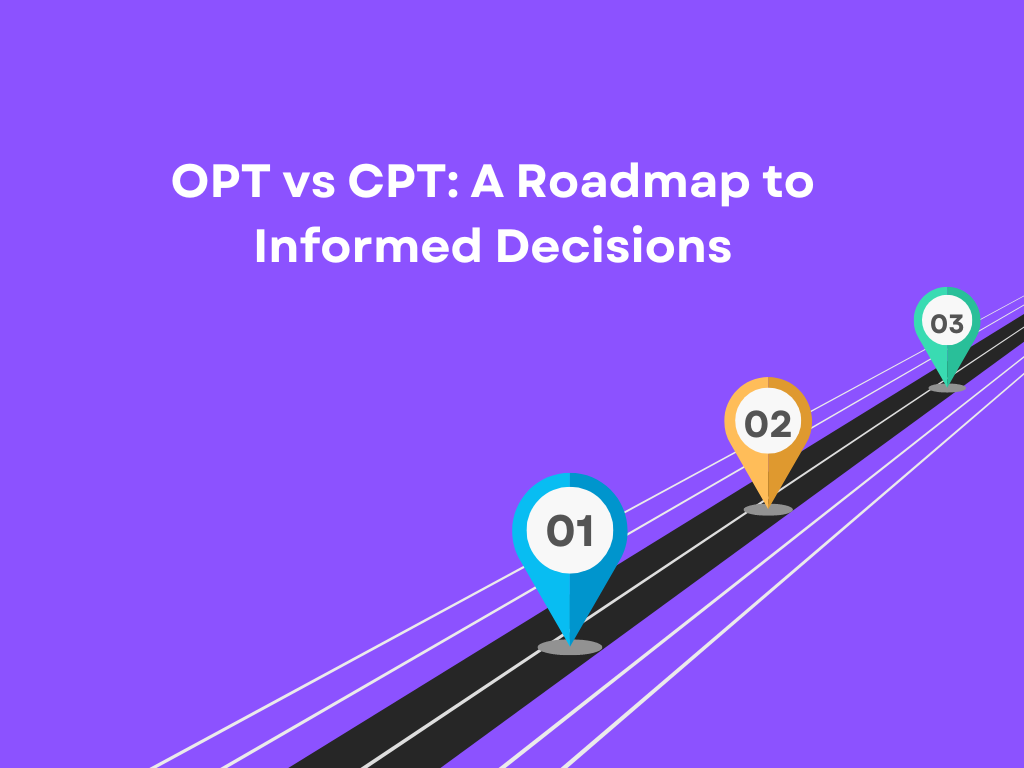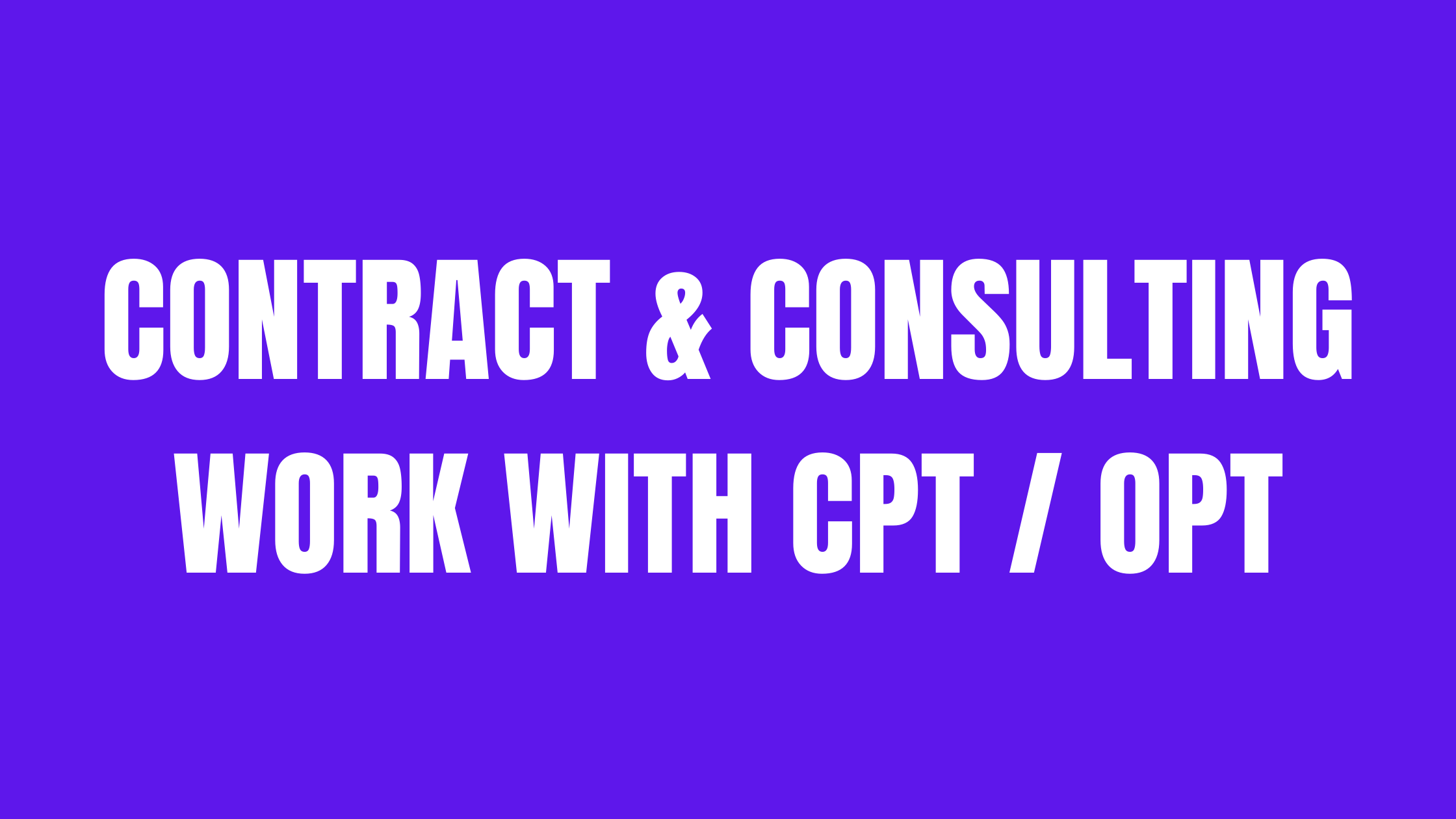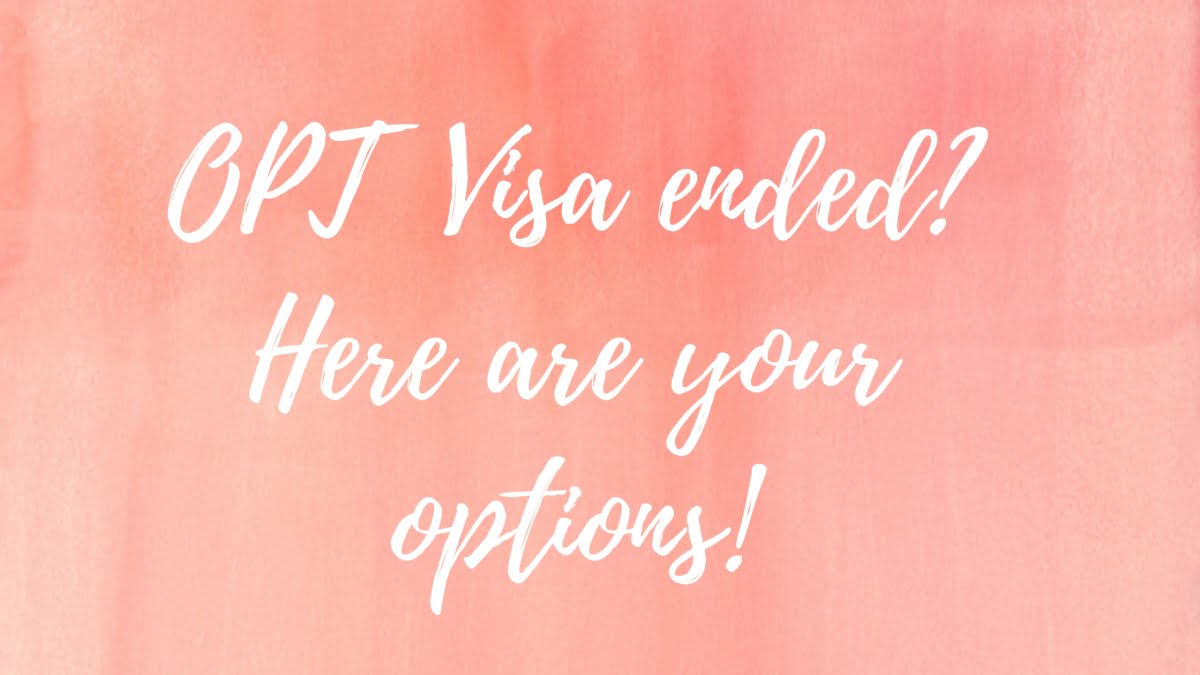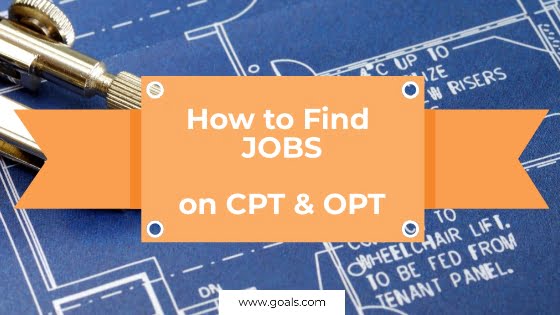Students interested in Curricular Practical Training (Day 1 CPT) programs often have questions about how it works, is it credible and is the right program for me. While many go to consultants or their friends, often some doubts remain unanswered. Things we wish someone had told us before we had taken the big leap.
When it comes to Day 1 CPT, while there’s a lot of information available on the internet, this is either not organized too well or it’s scattered. Our team at Day 1 CPT has constantly strived to provide the best of information when it comes to Day 1 CPT and CPT Visa, and this is another attempt to do so.
But before getting into the questions and answers, here is a list of important facts and requirements about CPT:
- Internship and work must be integral to the program
- Your internship or job must be related to the degree. Working as an Analyst enrolled in Business Analytics would qualify, working as an Electrical Engineer in a Finance program would not.
- You must be enrolled as a full-time student, and this can vary based on your university, but is usually 6-9 credits for graduate programs
- You must renew your CPT each semester or year depending on the university
- You must update your DSO of any changes to your employment such as worksite change, employment status, full or part-time status
- There must be a cooperative agreement with your university and employer
- Your CPT can NOT start before your program start date
- Use of more than 12 months of full-time CPT makes you ineligible for the use of OPT
- OPT can be used at each education level. (After completing your undergraduate, again after completing your master’s, and again after completing your Ph.D.)
Find below questions that our consultants have often been asked around Day 1 CPT.
Are Day 1 CPT programs credible?
- Yes. Day 1 CPT Master’s programs are credible. All students need to do their research and be aware of the University they are attending and the school’s credibility and accreditation. Day 1 CPT universities that have programs that are structured to allow for experiential learning (working in a related field to the program of study) are approved for F1 students to attend.
- The programs do need to meet certain criteria though. For example, they cannot be fully online. Instead, they can be hybrid or have full in-person instruction.
- Working or having an internship must also be integral to the program. Or in other words, working and receiving the academic benefit of experiential learning must be required for students to receive their degree.
What type of student should utilize Day 1 CPT?
Students looking to apply university curriculum in an internship or work environment. There are many benefits to be able to show work experience alongside your educational background. CPT also allows students to start working before they graduate with their degree. If you wait until after you graduate to then start working, there is a short window of when you need to find a job and start work under OPT while still remaining in status.
How does a student apply for CPT?
- A student must complete and sign the CPT Application and provide the following to both the student’s academic advisor and your international student advisor for approval:
- A completed and signed Cooperative Agreement from the employer, along with one of the following:
- A current, official signed offer letter from the employer to the student on company letterhead that contains a detailed job description; or
- A current, dated detailed job description on company letterhead listing the job title and responsibilities for the CPT position.
Does CPT affect my eligibility for OPT (Optional Practical Training)?
- Provided a student does not participate in full-time CPT for longer than 12 months, his/her eligibility for OPT is not affected.
- If a student has already used all of their OPT at the Master’s level, they are not eligible for OPT again after graduation.
Can International Students take Master’s programs fully online?
Students on F1 visas are not allowed to take fully online Master’s programs. Some in-person instruction is required. Therefore, fully in-person or hybrid Master’s programs are allowed for International students on F1 visas.
Do I need to apply to United States Citizenship and Immigration Services (USCIS) for CPT?
No. CPT is approved by the student’s advisor and the Office of International Student Services at the University or College.
Do I have to take an extra course to qualify for CPT?
- Maybe. This depends on the structure of each university program. Some programs do require students to take an extra course alongside their CPT each semester. Other programs require some form of work experience throughout the entire program.
- Per the regulations CPT can be:
- A requirement for the award of the degree; or
- For course credit, either required or elective.
Can F-1 students take hybrid courses exclusively in an academic term and maintain status?
Yes, as long as the hybrid courses require a student’s physical attendance for classes, examinations, or other purposes integral to the completion of the class they will not be considered online. Consequently, the university can structure master’s program classes to require a variety of in-person activities such as orientation, group presentations, and exams in a manner consistent with the academic objectives of the program. Attendance for all synchronous class activity, whether online or in person, should be closely monitored by the university and enforced pursuant to a written attendance policy to ensure all F-1 students maintain status.
Will students going through the program be able to qualify for an H1-B?
Yes, students are eligible to apply for an H1B while enrolled in Day 1 CPT programs. It is also very important that students maintain their F-1 status, including:
- Obtaining the proper I-20 prior to commencement of CPT,
- Knowing what to do in the event of extending or changing the CPT end date,
- Changing employers,
- Requesting to switch from full-time to part-time (or vice versa),
- Maintaining documentation about hours worked, etc.
- Ensuring the student’s CPT compliance will allow the student to respond confidently and thoroughly to any request for evidence (RFE) that may arise as part of an application for a non-immigrant worker’s visa.
Will I receive a Request for Evidence (RFE) when I apply for an H1-B if I used Day 1 CPT?
Maybe, any student studying in the US may receive an RFE when applying for their H1-B. This does not mean you will not receive an H1-B and is not uncommon for H1-B applicants. If you apply for an H1-B, regardless of using CPT or Day 1 CPT you should make sure you have not been out of status for any time and you have all the necessary paperwork. If you are enrolled in a Day 1 CPT program and live further from campus, you should ensure you keep copies of all travel documents to campus for weekend sessions, obtain attendance records and make sure the university program and policy is clear and approved to offer CPT. Make sure you have CPT cooperative agreements with your employer and school and can show how your job relates to the program and why you are studying the program to further your career.
To find out more about the right day 1 CPT universities for you, click here.






